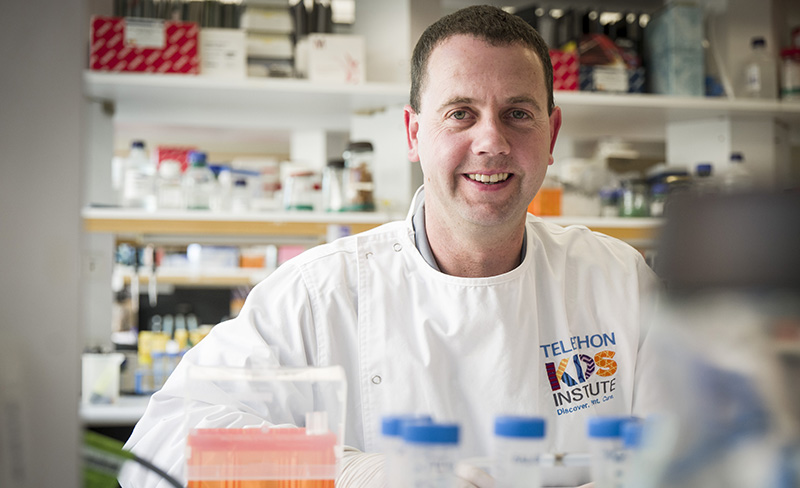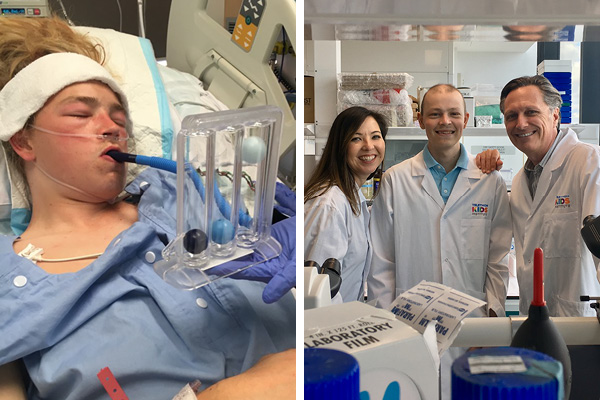Search
Showing results for "8"
Research
Systematic review of the evidence for treatment and management of common skin conditions in resource-limited settings: An updateThe skin is the largest and most visible organ of the human body. As such, skin infections can have a significant impact on overall health, social wellbeing and self-image.
Research
Mind the distance: experiences of non-face-to-face child and youth mental health services during COVID-19 social distancing restrictions in Western AustraliaFollowing the outbreak of COVID-19, social distancing restrictions limited access to face-to-face mental health services in Western Australia (WA), necessitating a rapid transition to non-face-to-face alternatives, including telehealth. The current study investigated barriers and facilitators to telehealth access and engagement, and preferences for child and youth mental health service delivery during and beyond COVID-19.
Research
Comparison of experiences in two birth cohorts comprising young families with children under four years during the initial Covid-19 lockdown in Australia and the UK: A qualitative studyThis study aims to understand the experience and impact of the initial COVID-19 lock-down in young families with children aged below 4 years. Free text questions were administered to participants in the ORIGINS (Australia) and Born in Bradford (UK) cohort studies to collect qualitative information on worries, concerns and enjoyable experiences during the pandemic.
Research
Child Development Services: What Matters To You?Listening to children and families about what is important to them when visiting Child Development Services (CDS) can provide valuable insights.
Research
The CASHEW Study - Introducing Cashew Nuts During InfancyDebbie Susan Palmer Prescott BSc BND PhD MBBS BMedSci PhD FRACP Head, Nutrition in Early Life Honorary Research Fellow debbie.palmer@uwa.edu.au

News & Events
Researchers identify immune cell that puts cancer to sleepA team of Australian scientists including cancer researchers from The Kids Research Institute Australia have made a crucial breakthrough in understanding how the immune system puts cancer to sleep.

News & Events
Co-ordinated approach urgently required to slow progression of antibiotic resistanceAboriginal mum and child

News & Events
Meet Baxter HutchinsonBaxter Hutchinson was diagnosed with two life-threatening brain tumours a year ago, aged 17. Since then he has undergone surgery, radiotherapy and chemotherapy in his journey to beat the cancer.

News & Events
Vaccination reminder program to boost immunisation rates across AustraliaFamilies throughout the country will trial a new text message vaccination reminder program designed to safeguard kids against infectious diseases thanks to a generous funding boost from the Ramaciotti Foundation.

News & Events
$2 million grant to develop diagnostic tool for rheumatic feverThe Kids Research Institute Australia & Menzies School of Health Research will lead an international project to develop a diagnostic tool for acute rheumatic fever.
